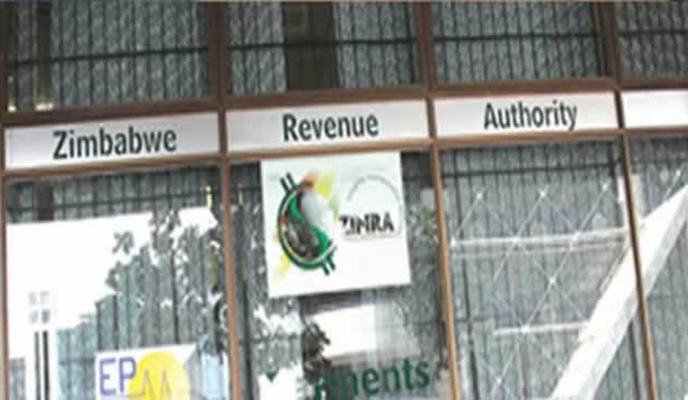
TEXTILE players in Zimbabwe have condemned the Zimbabwe Revenue Authority (Zimra) for failing to enforce restrictions gazetted by government to protect the industry from an influx of cheap imports.
BY MTHANDAZO NYONI
In emailed responses to NewsDay, Zimbabwe Textile Manufacturers’ Association secretary-general, Raymond Huni said Zimra was failing to play its role of enforcing import restrictions imposed by government last year.
As a result, the sector suffered tremendously due to cheap imports.
“The industry did not perform as expected due to failure by Zimra to enforce all statutory instruments (SIs) granted to the textile sector by the Ministry of Finance in the year [2016],” he said.
Huni said in 2016, they did not perform well due to Zimra’s inaction.
He said this year, they would continue to put pressure on Zimra to play its role as mandated by the government.
“[We will continue] to persuade Minister of Finance (Patrick Chinamasa) to ensure that Zimra enforces all SIs granted to textile industry. Once that is done, I foresee the industry growth and increase in capacity as well,” he said.
- Chamisa under fire over US$120K donation
- Mavhunga puts DeMbare into Chibuku quarterfinals
- Pension funds bet on Cabora Bassa oilfields
- Councils defy govt fire tender directive
Keep Reading
The country’s textiles and clothing industry is seriously weighed down by an influx of cheap imports from Asian countries and is operating below 20% capacity, according to government statistics.
To address the challenge, the government in 2015 introduced a raft of measures to protect the industry that included the introduction of manufacturers’ rebate of duty on critical inputs imported by approved textile manufacturers.
This rebate covers spare parts, yarn and unbleached fabric, among others.
Furthermore, the government removed blankets from the open general import licence for a period of 24 months.
Poly-knitted fabric is currently imported in semi-processed form, hence, undergoes very limited local value addition before transformation into a blanket, which competes with locally manufactured blankets.
To that effect, government increased customs duty on poly knitted fabric from 10% to 40% plus $2,50 per kg.
The government also banned imports of the second-hand clothes, with Huni saying if implemented, would see the sector double its contribution to gross domestic product to 10%.
However, despite the existence of legislation banning the importation of second-hand clothing, the practice is rife because authorities have failed to enforce the ban.











